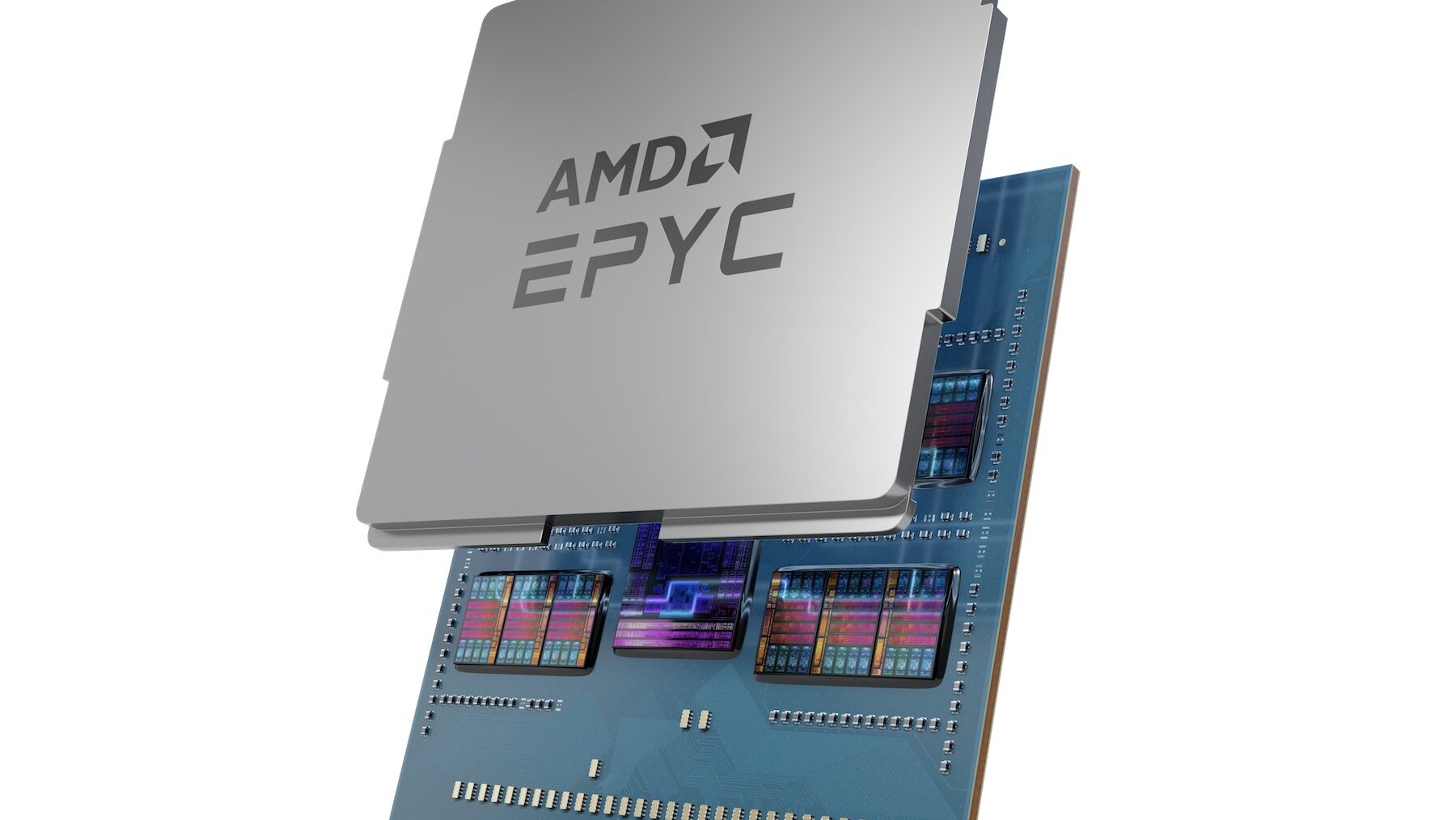
In the latest sign of semiconductor fabrication coming to the USA amid tariff pressures, Advanced Micro Devices Inc. on Tuesday said its key processor chips will be made at Taiwan Semiconductor Manufacturing Co.’s new production site in Arizona.
AMD said it plans to begin manufacturing its EPYC processors, code-named Venice, on TSMC’s advanced 2-nanometer process. The company said the chip is scheduled to roll out in 2026.
“Our new fifth-generation EPYC is doing very well, so we’re ready to start production,” AMD CEO Lisa Su told reporters in Taipei, referring to AMD’s central processing unit (CPU) for data centers. Noting AMD’s long-running relationship with TSMC, Su said AMD is the lead high-performance customer for both the new Arizona Fab 21 and the 2nm process.
The move marks the first time the company’s products will be manufactured stateside. Until now, they had been made at contract chip maker TSMC’s facilities in Taiwan. AMD joins NVIDIA Corp. and Apple Inc. in having their chips produced at TSMC’s Arizona plant.
Earlier this week, AMD rival NVIDIA said it intends to build artificial intelligence (AI) supercomputers in the U.S. to help it diversify production from Taiwan with the threat of substantial tariffs on imported chips.
Although AMD’s plan to shift some chip production to the U.S. was to ease global supply chain concerns and growing geopolitical uncertainty before President Donald Trump’s return to office, it mirrors the efforts of other tech companies attempting to work around a deepening tariff war with China.
U.S. manufacturing is essential for AMD as a U.S. company, said Su, who added the company recently completed a $4.9 billion acquisition of ZT Systems, a leading supplier of AI servers in the U.S., to expands its domestic footprint.
“We want to have a very resilient supply chain, so Taiwan continues to be a very important part of that supply chain, but the United States is also going to be important and we’re expanding our work there, including our work with TSMC and other key supply chain partners,” she said.
Meanwhile, AMD warned that if it does not obtain a license control required from the federal government to export AI chips to China and other countries, it could be stuck with about $800 million in inventory, purchase commitments and related service charges, it said in a filing Wednesday with the Securities and Exchange Commission.

